In Brief
The fourth series of videos in #ChangingTheNarrative, a partnership between the W.K. Kellogg Foundation and NBCUniversal, features the city of Selma, Alabama. A city once rich with agriculture, Selma’s farming industry has declined in the past century, leaving a hole in the economy – but hometown pride, historical centers, and Black entrepreneurship are bringing new life and development.
Selma functions as a key touchpoint in America’s civil rights journey, particularly the Edmund Pettus Bridge. This bridge is the site of “the Bloody Sunday conflict,” when in 1965 police attacked and teargassed civil rights movement demonstrators as they attempted to march across the bridge on their journey to the state capital of Montgomery.
The historical significance of the site brings bringing thousands of visitors to Selma each year and has the potential to support a thriving tourism, hospitality and food service industry. Business, faith and community leaders have come together to create tourism roundtables, where they focus on an equitable application of industrial, cultural and economic development throughout the many potential spaces for growth. “I love Selma. I know we have so much to offer; we’ve done so much for the world,” reflects Jackie Smith, owner of The Coffee Shoppe, adjacent to the Edmund Pettus Bridge. “I feel like I’ve created this one space of unity and community, where across all classes, all races, all genders people come and gather and see this light of hope and take it back out into their own communities, their own families, their own circles and homes, and spread it.”
Why This Matters
Truth-telling is a critical component of racial healing. It helps communities understand who they are, where they’ve been and how decisions and experiences of the past shape the present. For Selma, reflection on a past marked both by segregation and incredible community power opens up new vistas for an equitable future.
In Selma, racial healing practices – what they call neighbor-circles and Chat n’ Chews – provide touchstones for connecting, building relationships and bridging divides. They’ve seen the value of bringing together people from different, and sometimes conflicting, points of view to transform relationships and create a shared ownership for their collective future. Participants experience transformative moments in these conversations, especially when hearts, mindsets and material conditions intersect.
The Opportunity
The people-powered process of racial healing can build connections across every community. It starts with a simple conversation, carefully facilitated with advice from our conversation guide.
To learn more, join us for the National Day of Racial Healing primetime townhalls on Jan. 17 at 10 p.m. ET on MSNBC and streamed on Noticias Telemundo at 7 p.m ET, and visit DayofRacialHealing.org to find events and activities near you.

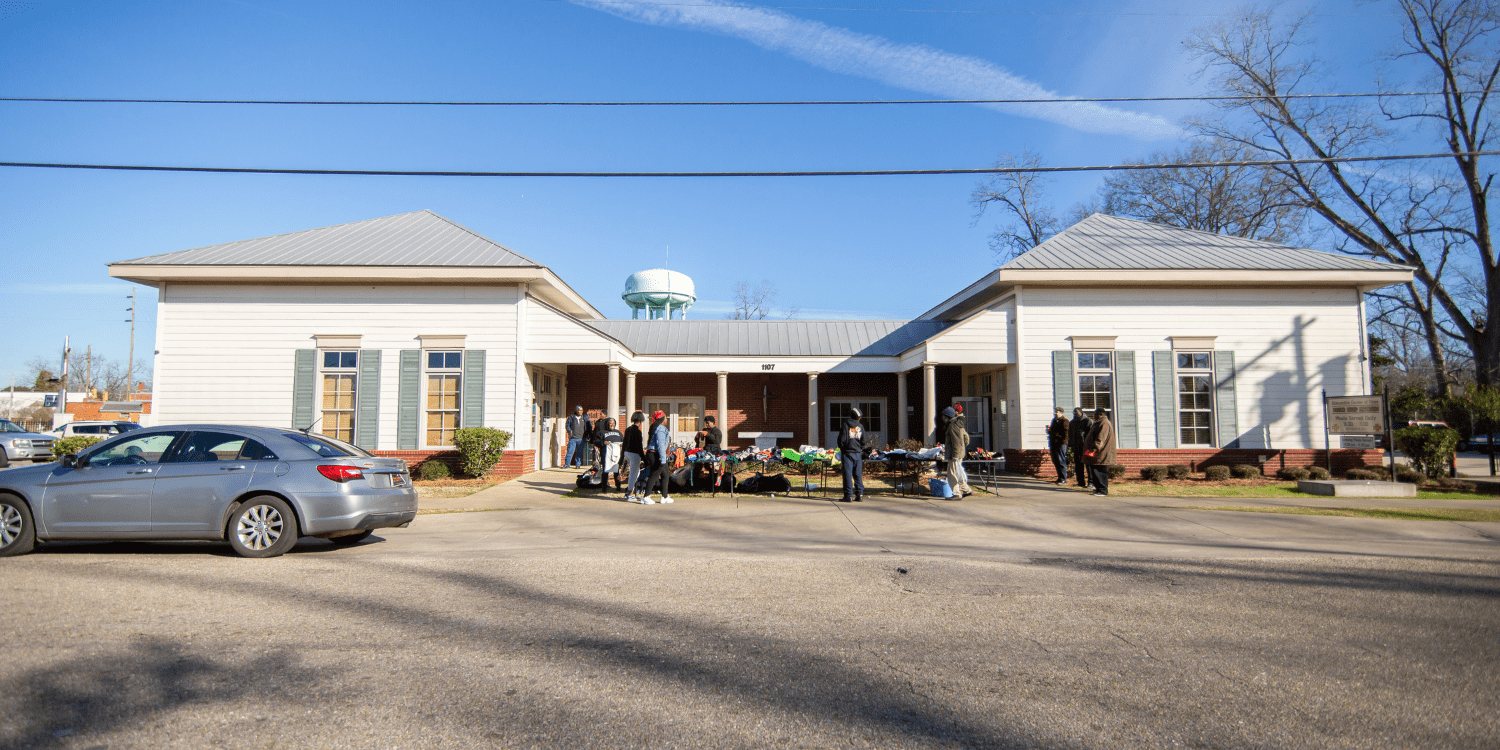
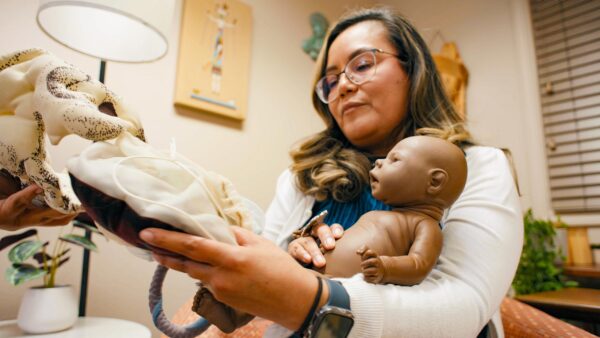
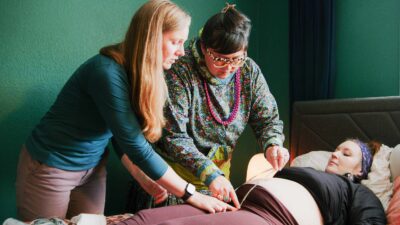
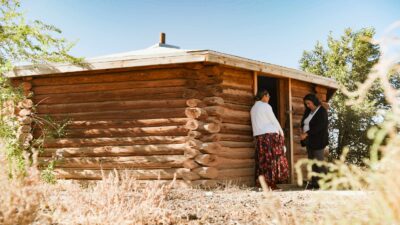
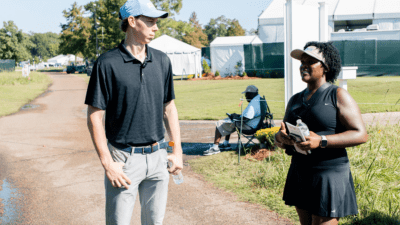
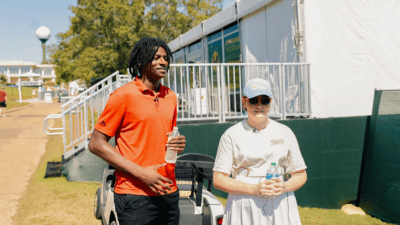

Comments